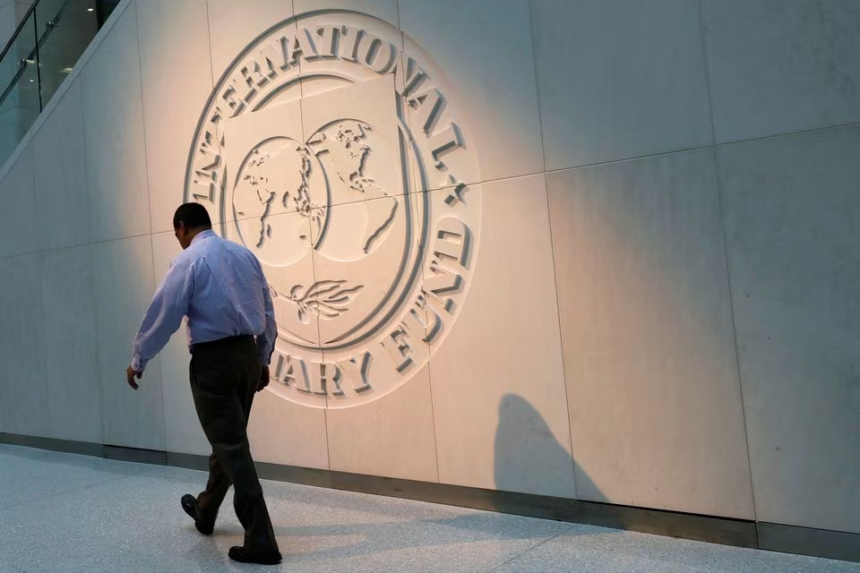The International Monetary Fund (IMF) Executive Board has completed the first review of the Arrangements under the Extended Fund Facility (EFF), the Extended Credit Facility (ECF), and the Resilience and Sustainability Facility (RSF) for Senegal, it announced on Thursday.
The completion of the reviews will enable “the immediate release” of SDR 210.36 million (about US$ 279.31 million) to Senegal under the combined ECF/EFF and about US$ 64.45 million (SDR 48.54 million) under the RSF.
According to the IMF, the Senegalese economy continues to face headwinds.
“Some of the downside risks identified at the time of the program request are materializing, leading to a downward revision of growth and higher inflation projected for 2023/24. Near-term risks remain titled to the downside, but medium-term prospects remain favorable with appropriate policies and the start of hydrocarbon production.”
At the conclusion of the Executive Board’s discussion, Mr. Kenji Okamura, Deputy Managing Director, and Acting Chair, made the following statement:
“Despite facing multiple shocks, Senegal has had a satisfactory performance under the ECF/EFF and RSF arrangements. However, the materialization of some initially identified downside risks during the program request has led to a downward revision of near-term growth and an upward revision of near-term inflation.
“The containment of growing debt vulnerability and the establishment of a downward trajectory for public debt hinge on the successful implementation of a fiscal consolidation strategy aiming for a fiscal deficit of 3 percent of GDP by 2025. Accelerating the medium-term revenue strategy to bolster revenue mobilization, particularly through the reduction of tax expenditures and the broadening of the tax base, is essential. On the expenditure side, a priority is the gradual elimination of untargeted energy subsidies, accompanied by measures to reprioritize spending while safeguarding the most vulnerable. Strengthening the institutional framework for setting energy prices is equally crucial. Prudent public debt management and restricting the borrowing capacity of public sector entities, extending beyond the central government, are vital to mitigate risks to debt sustainability.
“Significant progress has been achieved in implementing structural reforms. It is imperative to sustain the momentum of these reforms, encompassing the reinforcement of governance, enhancement of transparency, improvement of the business environment, and addressing weaknesses in the financial sector to foster more inclusive and private sector-led growth. Urgent attention should be given to rectifying deficiencies in the AML/CFT framework to minimize risks to the financial sector and facilitate an exit from the FATF’s grey list.
“Performance under the RSF arrangement was satisfactory. The authorities should maintain the reform momentum and continue to strengthen climate mitigation and adaptation policies, which is essential for catalyzing new investments from donors and the private sector.”









